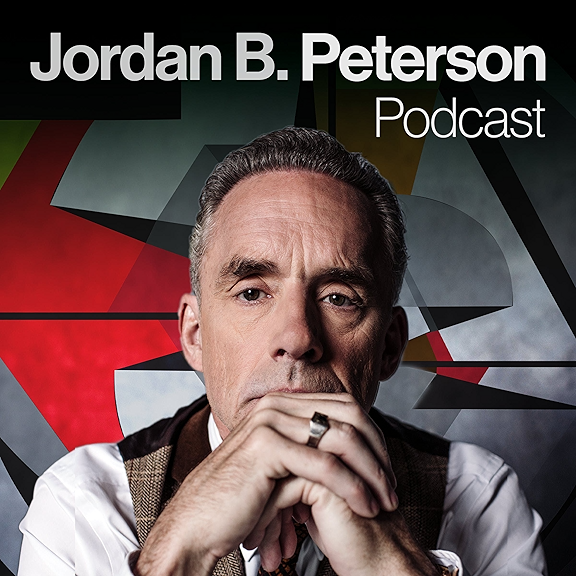
In England in 1535, King Henry VIII condemned Thomas More to death for treason, mainly for refusing to say that the king was the head of the Church of England. More was imprisoned, waiting for his capital punishment.
More’s friend came to persuade him to say what the king wanted him to say for survival. More refused because it was against his beliefs. His friends pleaded him, “You don’t have to believe it; you just have to say it.” Thomas More refused to compromise his integrity and paid the price with his head.
What would you do if you were in such situations? Would you compromise your integrity to save your life? Or would you betray your conscience for survival?
Do you know Americans lie on average 11 times a week? That’s according to APA (American Psychology Association). No data shows how many lies people from other countries tell, but I believe Americans are more honest comparatively.
Many immigrants say Americans are pretty naïve. They are so easily deceived. American tourists are the easiest targets for scammers worldwide because we trust people readily. That may be because Christian values govern our way of living. “In God, We Trust” is the slogan on our currencies.
Still, research shows Americans are not 100% honest. Lying seems like part of life, and we often make excuses to justify lying. The Burmese say,
“Without lies, words are not smooth.” (mutha maba, linga machaw). ~Burmese Proverbs
It means that without lies, it’s hard to make your speech interesting, poetic, or persuasive. It also means you need a little lie to get your message across. It seems to glorify lying as an art. No wonder we call scammers “con artists.”
In English, we also have the term “white lies.” It means a type of lie that does not harm anyone. Is it true that a white lie does not hurt anybody?
After some research, I’ve discovered that every fib harms the fibber. Every lie we tell lies to ourselves. According to Akira Kurosawa, the maker of Rashomon,
“It’s human to lie. Most of the time, we can’t even be honest with ourselves.” ~Akira Kurosawa
A white lie may not harm others, but it does compromise the liar’s well-being. Studies have shown that a person’s integrity can affect their immunity. After the pandemic, we have learned the value of strong immunity—physically, psychologically, or spiritually.
According to biologists, the moment someone lies, their brain releases stress hormones, such as cortisol, weakening their immune system. We often say, “Lier, lier, pants on fire!” Their pants might not be on fire, but their immunity is on fire.
That’s how lie detectors work. The machine can sense the subtle signs of stress on our nerves when lying. Some people can cheat the lie detector, but they cannot cheat their health. So, honesty is truly the best policy not only for our character but also for our well-being.
It proves that we are not created to lie. We are created in God’s image. When we lie, our body resists it, feels uncomfortable with it, and punishes us for it by degrading our health.
There are two kinds of stress—overt and covert. Overt stress is obvious; you know it when you have it. But covert stress is more insidious. We might not feel it, but it silently kills us from the inside. It will eventually show up on our lab reports during a checkup. Sometimes, it could be too late to reverse it.
Lying is just one of many things that compromise our immunity. Anger, grudges, guilt, discord, manipulation, and other things the Bible calls sin can stress our systems and compromise our integrity and immunity.
It seems we don’t even need God to punish us for our sins; our body is punishing us already. If it is human to lie, how do we redeem ourselves? However, Jesus said that what’s not possible with humans is possible with God. He said,
“Indeed, God did not send the Son into the world to condemn the world, but in order that the world might be saved through him.” (Jn 3:17).
The truth is that Jesus did not come to punish us but to save us from our plight. The immunity boost is just a fringe benefit once we take care of our integrity by confessing our sins and receiving forgiveness. Then, our bodies stop rebelling.
We are on the Second Sunday of Advent. Advent means coming. So today, let us explore how to prepare the way for Christ’s coming into our lives by optimizing our integrity and boosting our immunity based on this week’s scripture lesson. Let’s begin!




















